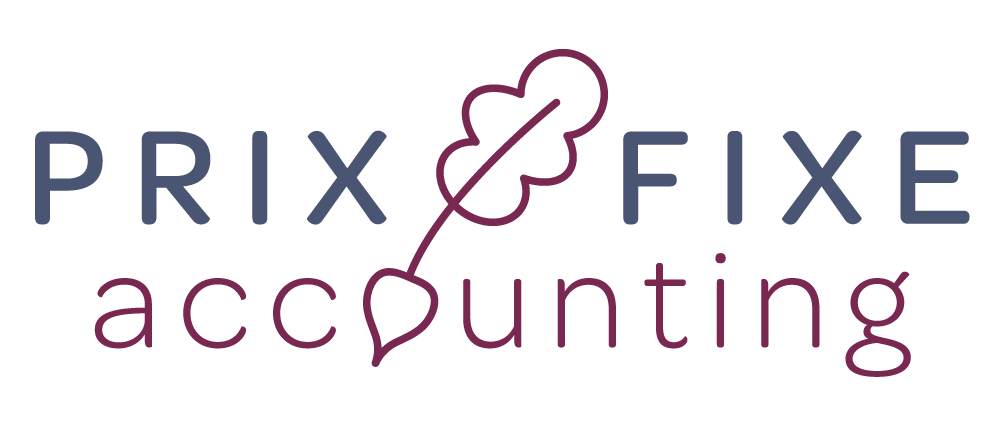As 2022 comes to a close, its time to look inward and prepare for 2023. To help with all your restaurant planning needs, Prix Fixe webinars have returned. Focused on full and limited service restaurants, this series should hit on all the hot button issues for this off season. As always, we try to keep it approachable and light, and is suitable for ownership and management.
Budgeting & Planning for a Restaurant’s Offseason
Nov. 29th at 2PM EST
With summer and fall coming to a close, it's time to adjust your spending and go into hibernation for the off season. There is a way to plan ahead for this that works well for you, and your employees as well.
Getting Your Restaurant’s Books Ready for Tax
Dec 13th at 2PM EST
Every year, there are a few items that need to be completed to keep your tax preparer happy. In this webinar, we’ll cover what those items are for a restaurant, and how to hand the information over to your tax preparer
Getting Your Restaurant’s Books Ready for Tax
Dec 14th at 12PM EST
Same story, different time. Every year, there are a few items that need to be completed to keep your tax preparer happy. In this webinar, we’ll cover what those items are for a restaurant, and how to hand the information over to your tax preparer.
Accounting for Offsite Events
Dec 27th at 2PM EST
Catering is one of the most flexible and profitable revenue streams for a restaurant, and timing of deposits can help a restaurant make it through the winter months. It's a balancing act, however, as overextending can land you in hot water.
What on Earth is a 1099?
Jan. 4 at 1PM EST
You’ve heard it mentioned, your tax preparer asks if you did them every year, and you phase into the shrubs like Homer Simpson every time they ask. Well, this is the year you finally get it straightened out. In this webinar we’ll cover what a 1099 is, who gets one, and how to send them out.
Strategies for Lowering Labor Cost
Feb 8th, 12PM
One of the most significant increased costs for a restaurant was labor cost. Skyrocketing beyond the increases of compostables and chicken wings, the limited supply of qualified labor caused rates to soar. In order to manage these costs, there are a few tricks that you can use to keep employees and your bottom line happy.
Accounting for a Buyout
Feb 28th, 10AM
There's many ways to skin a cat, and just as many ways to handle a buyout in your restaurant. However, many of those ways end up skewing your financial reports. In our webinar, we’ll cover buyout contracts (yes, you should have one), setting up payment ahead of time, and then closing out a check at the end of the night.
Costing a Menu
April 19th, 2PM
With inflation on the rise, the cost of food has increased with it. Costing a menu is insanely time consuming, but we have to do it, or your food cost plummets. In this webinar we’ll cover strategies to make costing a menu less cumbersome, while protecting your bottom line.














